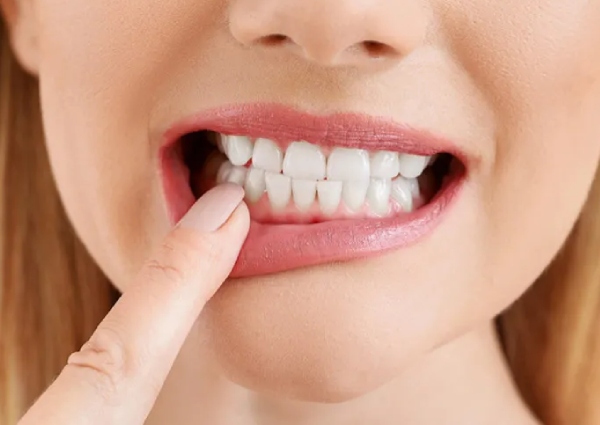


Teeth whitening treatments have become increasingly popular as people strive for brighter and more confident smiles. While whitening can effectively remove stains and enhance your appearance, it’s important to protect your tooth enamel during the process. Enamel, the outer layer of your teeth, is vital for strength and protection. Without proper care, whitening treatments can lead to sensitivity or enamel damage. In this blog, we’ll explore how to keep your teeth safe while achieving the perfect white smile.
Enamel is the hardest substance in the human body, acting as a shield for your teeth against decay and wear. However, once enamel is worn down, it cannot regenerate. Whitening treatments use bleaching agents like hydrogen peroxide, which can sometimes make enamel more porous temporarily. This increases the risk of tooth sensitivity if not managed properly. Therefore, protecting enamel during whitening is essential for long-term dental health.
Over-the-counter whitening kits may promise fast results, but they often lack precision and can expose your enamel to unnecessary risk. Professional whitening, on the other hand, is supervised by dental experts who customize the treatment for your teeth. This ensures the whitening agent is applied safely, minimizing damage to your enamel while delivering effective results.
During and after whitening treatments, using fluoride toothpaste or enamel-strengthening mouthwash can help restore minerals to your teeth. These products create a protective barrier, reducing sensitivity and enhancing the resilience of your enamel. Avoid abrasive whitening toothpastes, as they can further erode enamel over time.
After whitening, your teeth may be more sensitive. Brushing too hard or using a stiff-bristled toothbrush can weaken enamel further. Instead, opt for a soft-bristled toothbrush and brush gently twice a day. Also, avoid highly acidic foods and drinks like citrus fruits, soda, or vinegar-based products immediately after whitening, as they can soften enamel and increase sensitivity.
Teeth whitening can transform your smile, but protecting your enamel during treatment is crucial. By choosing professional care, using enamel-strengthening products, and practicing gentle oral hygiene, you can achieve a brighter smile without compromising your dental health. For safe and effective whitening treatments tailored to your needs, Dentist Adda provides the best services, ensuring your smile stays radiant and healthy for years to come.

